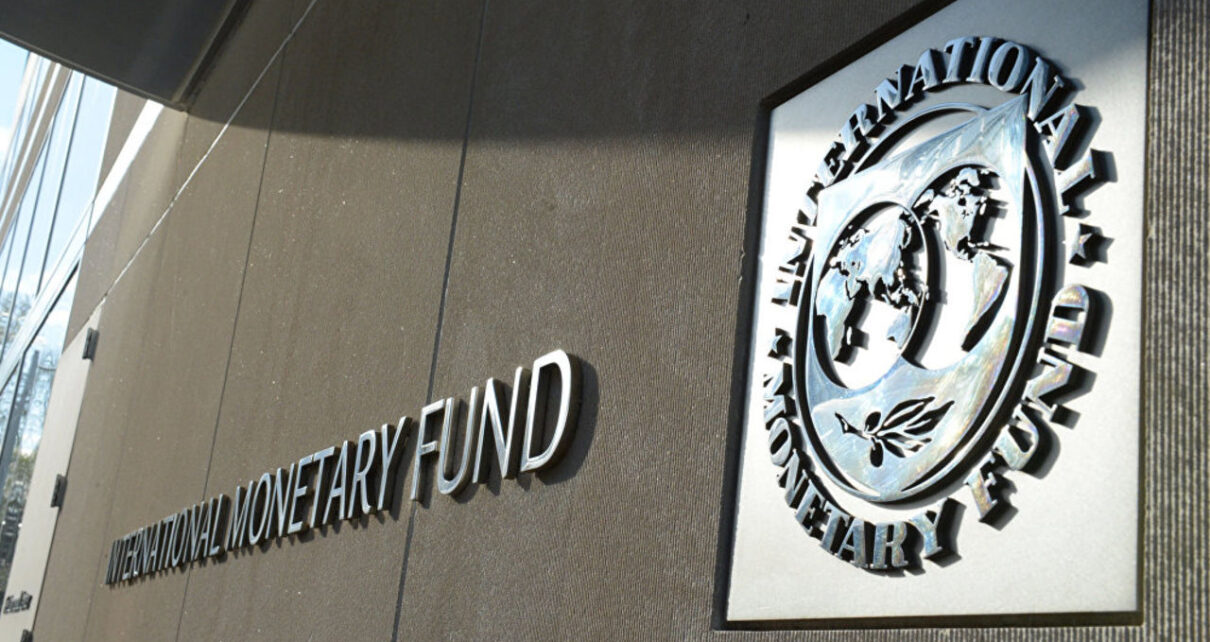The International Monetary Fund (IMF), has projected that Nigeria’s foreign reserves will significantly drop this year to an all-time low of $24 billion.
This forecast is contained in the IMF’s latest Country Report for Nigeria, which highlighted potential challenges ahead for the Nigerian government in its current efforts to sustain the nation’s economic growth.
Data from the Central Bank of Nigeria (CBN) published on February 8, 2024 reflected that as of the date the country’s foreign reserves stood at $33.12 billion.
According to the report of the Washington D.C-based international financial institution, in the first half of 2023, Nigeria posted a surplus current account, but the country’s reserves remarkably declined.
It attributed the drop in the foreign reserves to huge decline in Nigeria crude oil exports as incidents of oil theft and low investment in upstream infrastructure continued to take huge toll on the nation’s foreign exchange earnings.
The report further reflected a declining trend in profit repatriation from the oil sector, which also slightly mitigated the adverse effects on the current account, amid low Foreign Direct Investment (FDI) inflows into the country.
As expected, the IMF anticipated a challenging period for Nigeria’s financial account in 2024–25, which may be further accentuated by absence of new Eurobond issuances, significant repayments of existing funds and Eurobonds totalling $3.5 billion, as well as sustained portfolio outflows.
While projecting a current account surplus, the IMF projected that officially reported reserves were expected to significantly drop to $24 billion in 2024, but possibly recovered to $38 billion by 2028 as portfolio inflows surge.
The IMF predicted: “Through 2024–25, the financial account is likely to deteriorate, with no projected issuance of Eurobonds, large Fund and Eurobond repayments of $3.5 billion, and portfolio outflows.
“Hence, despite a current account surplus, officially reported reserves are projected to decline to $24 billion in 2024 before increasing again to $38 billion in 2028 as portfolio inflows resume”, it added.
The IMF recalled the Central Bank of Nigeria (CBN) reported that the 30-day average of gross international reserves (GIR) had dwindled to $33 billion by October 2023, indicating a decline of about $4 billion from the end of 2022.
Th GIR level of reserves provides for six months of Nigeria’s imports and meets 83% of the IMF’s Assessing Reserve Adequacy (ARA) metric.
However, when adhering to the IMF’s definition of GIR, which considers $8 billion in securities as pledged collateral and not readily accessible, the GIR adjusts to a lower figure of $25 billion at the end of October 2023.
The IMF also claimed that the Nigerian authorities have yet to disclose comprehensive information on short-term foreign exchange liabilities, which are crucial for calculating the net international reserves accurately.
Also, the IMF highlighted the importance of the Nigerian authorities’ ability to manage the country’s external financial obligations effectively.
The IMF’s projections are based on the assumption that Nigeria will successfully roll over all maturing forwards and swaps, underscoring the significance of adeptly navigating the external financial landscape to secure and expand Nigeria’s foreign reserves in the coming years.




